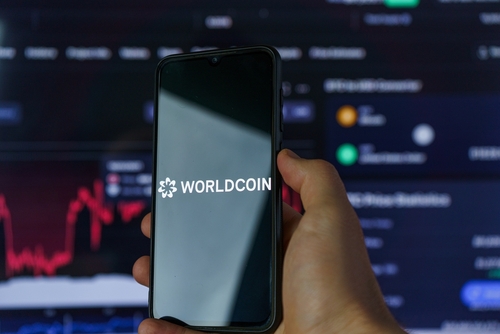- World Coin plans to unveil a new blockchain, ‘World Chain’, this summer.
- World Chain is an Ethereum L2 chain that integrates with WLD and World ID.
According to an announcement on Wednesday, April 17, WorldCoin will launch a new blockchain called “World Chain.”
After the news broke, the price of the native Worldcoin token, WLD, rose slightly. At the time of writing, it is up 3% in the last 24 hours to $4.90, but has been largely in negative territory since rebounding from a high of $6.57 on April 12.
World Chain – What do we know?
World Chain will be Ethereum Layer 2 and is expected to launch in the summer, Worldcoin, a project co-founded by OpenAI CEO Sam Altman, said in a blog post.
The new blockchain will integrate with the Worldcoin protocol and World ID’s personal proof, but ultimately the goal is to run independently as a community-driven project.
“World Chain will be an ecosystem of decentralized finance and identity apps focused on utility in everyday life.” commented the Worldcoin team.
Introducing World Chain, a new blockchain designed for humans ⚪️ pic.twitter.com/qNb7S3vqut
— World Coin (@worldcoin) April 17, 2024
According to the details of today’s announcement, World Chain is “designed for scalability of the superchain ecosystem.” However, the new L2 prioritizes verified humans over bots when accessing blockspace.
Additionally, the platform will provide gas quotas to verified humans to prevent bots from leaving the network. This makes it inaccessible to automated systems, such as bots deployed for airdrop farming, which often congest networks.
ETH will be the primary token, but users can also pay fees using Worldcoin’s token WLD.
Launched in July 2023, WorldCoin gave WLD tokens to people who verified their identity by scanning their iris through Orb. Through this project, over 10 million people have created World IDs and used the project’s native wallet, World App.
More than 5 million people have used this sphere to verify their World ID. However, the project has faced increased regulatory scrutiny since its launch, with the latest examples occurring in Spain and Portugal.

